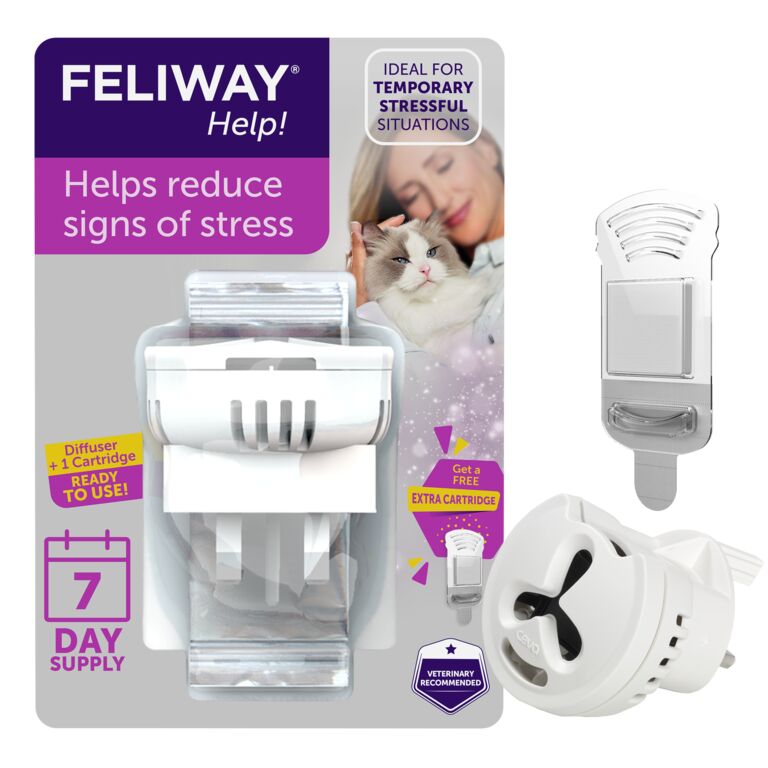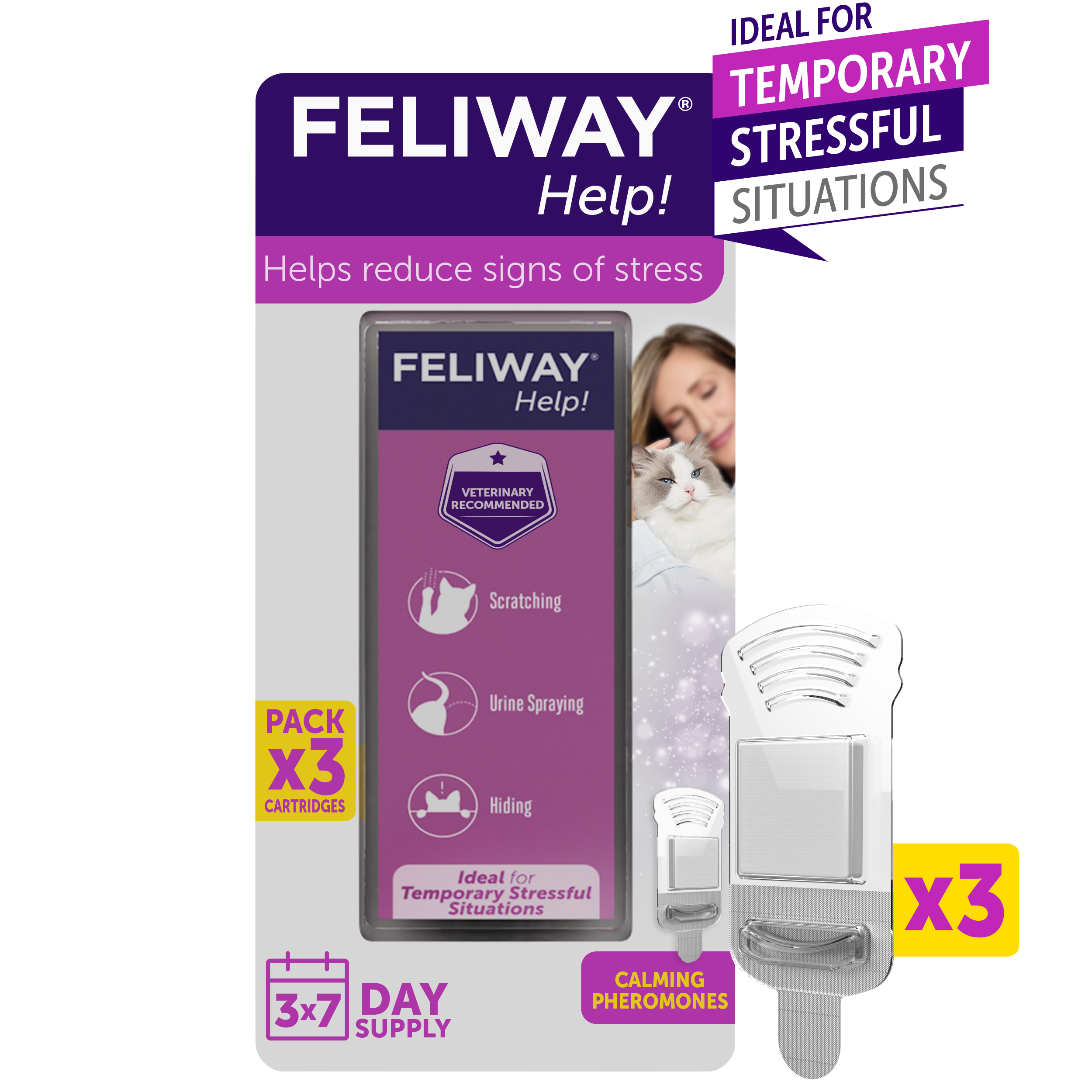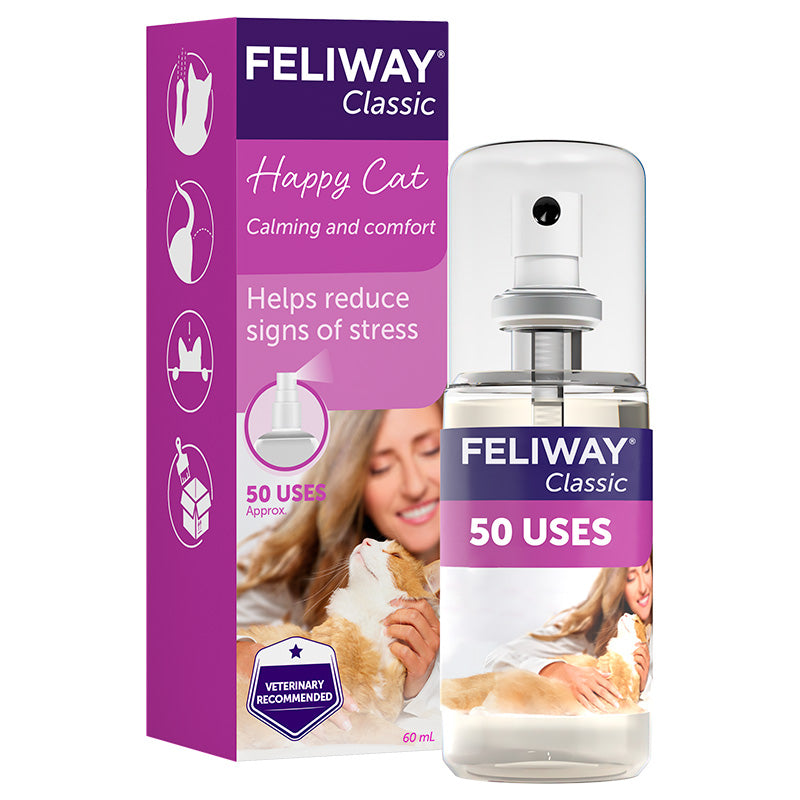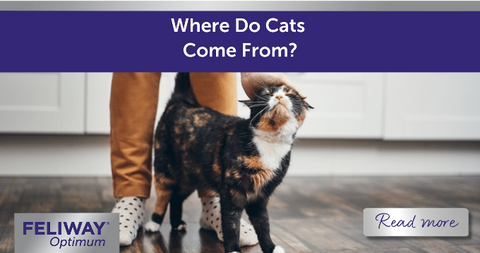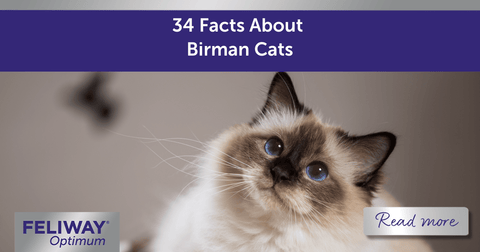
How Long Can I Leave My Cat Alone?
Although cats are renowned for being independent, they do also like company and routine! So, what should you do when you need to leave the house? How can you help your furry friend adapt to alone time, and how long can you leave them alone for?
The answers will depend on whether your cat is a kitten or an older cat, plus whether they have ventured outside - or if they're a happy house kitty!
As a guide, a full-grown adult cat can be left for as long as 24-48 hours if they have the right resources. Of course, there are many other considerations to make - and we'll explore these in detail below.
First, Consider How Old Your Cat Is
If your kitten is a new arrival, they will need a lot more care and attention! During the first 8 weeks, try not to leave them home alone for more than an hour or so at a time. A new kitten should stay housebound for 8 weeks, until they've had their required vaccinations.
If your pussycat is over 4 months old, and in a safe environment, they can be left alone for around 4 hours. At six months old, they should be OK to leave for 8 hours alone, and once they are an adult cat, they can be left for as long as 24-48 hours - if they have the right resources.
If you are planning to leave your cat alone for the first time, however old they are, be sure to do this gradually and start by leaving for only short periods at a time. You can then build this up once you are confident that your pussycat is fine being left alone.
Consider If Your Kitty Is An Indoor or Outdoor Pet
The same time guidelines apply whether your cat likes their freedom outside or whether they like to stay inside. But, if your pet likes to venture out and you are leaving them alone, you MUST make sure they have their own access to your home, whether this is via a cat flap.
Ask yourself these questions to determine how long you can leave your cat alone.
Is the Environment Safe?
Always ensure:
- You leave them in a safe, dry and comfortable environment and that your pussycat has somewhere they can retreat to undisturbed.
- There are no wires left around where they can get tangled up.
- There is access to a safe hiding place, where your pussycat can escape to if they get scared.
- There is plenty of space to run around and climb (especially if your kitty is an indoor cat)
- You provide suitable toilet facilities in the form of a litter tray that they can access easily
- You leave plenty of food that your cat can access for the period you will be away. Remember that dry food can be left in their bowl for 24-48 hours but make sure that fresh water is always available.
- If your cat is likely to go outside whilst you are away, ensure they are microchipped and that your contact details are up to date.
Does Your Pet Have Access to Food and Drink?
If you are going to be away from home for a long period of time, you need to ensure that your kitty is still fed and watered regularly. If you are lucky enough to have someone visit to check, feed and water your feline friend, this is a great option.
However, if this is not possible, there are numerous automatic pet feeders that can dispense meals regularly throughout the day so that you can be confident that your pussycat will not go hungry!
Don't forget to leave plenty of water around whilst you are away, or you may want to try a cat fountain - cats love drinking out of moving water and this may be a good option to ensure they are getting enough to drink.
Does Your Cat Have Access to their Litter Tray?
Cats are clean creatures and like preening themselves and they can also be fussy about their litter box too! If you are going to leave your cat alone for a long period, make sure you leave plenty of litter boxes for the period of time you are away. Cats don't like using uncleaned loos and they don't like sharing, so you should always have one more tray than the number of cats!
Have You Provided Any Kitty Entertainment?
A bored cat is an unhappy cat! Don't let your pussycat feel abandoned - if you are going to be away for a long period of time, make sure they have enough to keep them entertained - perches, interactive toys, food puzzles, scratching posts etc. are essential for keeping a pussycat occupied until you get home!
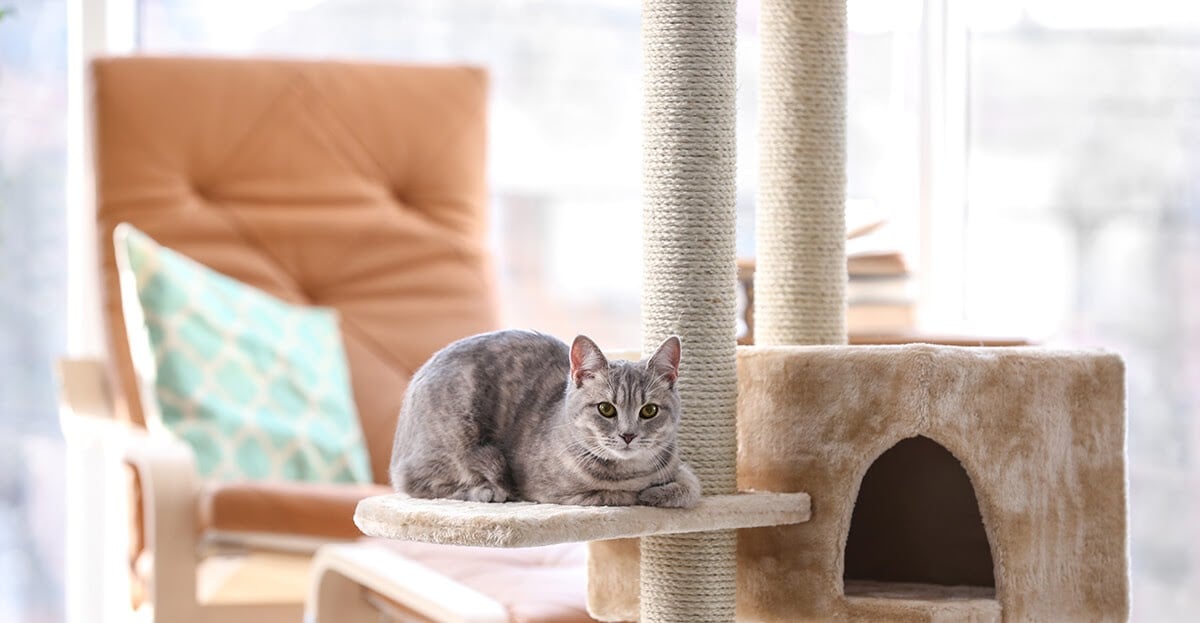
When Should a Visitor or Pet Sitter Help Out?
Normally, cats can be self-sufficient for up to 48 hours, but longer than this would be inadvisable as they may run out of food and water and their litter trays may become very unsociable!
Try and arrange for a cat visitor to call and add some social interaction to your cat's day and break up their alone time. Of course, if your cat likes to roam outside during the day - these visits may only be required when you know your feline friend normally returns home.
The cat sitter can also ensure that food and drink are topped up and litter trays cleaned.
Is your Pussycat a Happy Cat?
A happy relaxed cat should not have any problems being left alone for a period of time - as long as they have the resources they require.
However, if you see any signs of stress such as changes in appetite, marking outside the litter box, weight loss, vocalisation or being destructive, you'll know that they need more 'you' time.
FELIWAY OPTIMUM can help your cat cope with changes and keep them calm and happy in their environment when they are alone. When plugged in to the area where your cat spends most of their time, the FELIWAY OPTIMUM diffuser dispenses "happy messages" at regular intervals helping to ensure your cat is relaxed and calm at all times.













